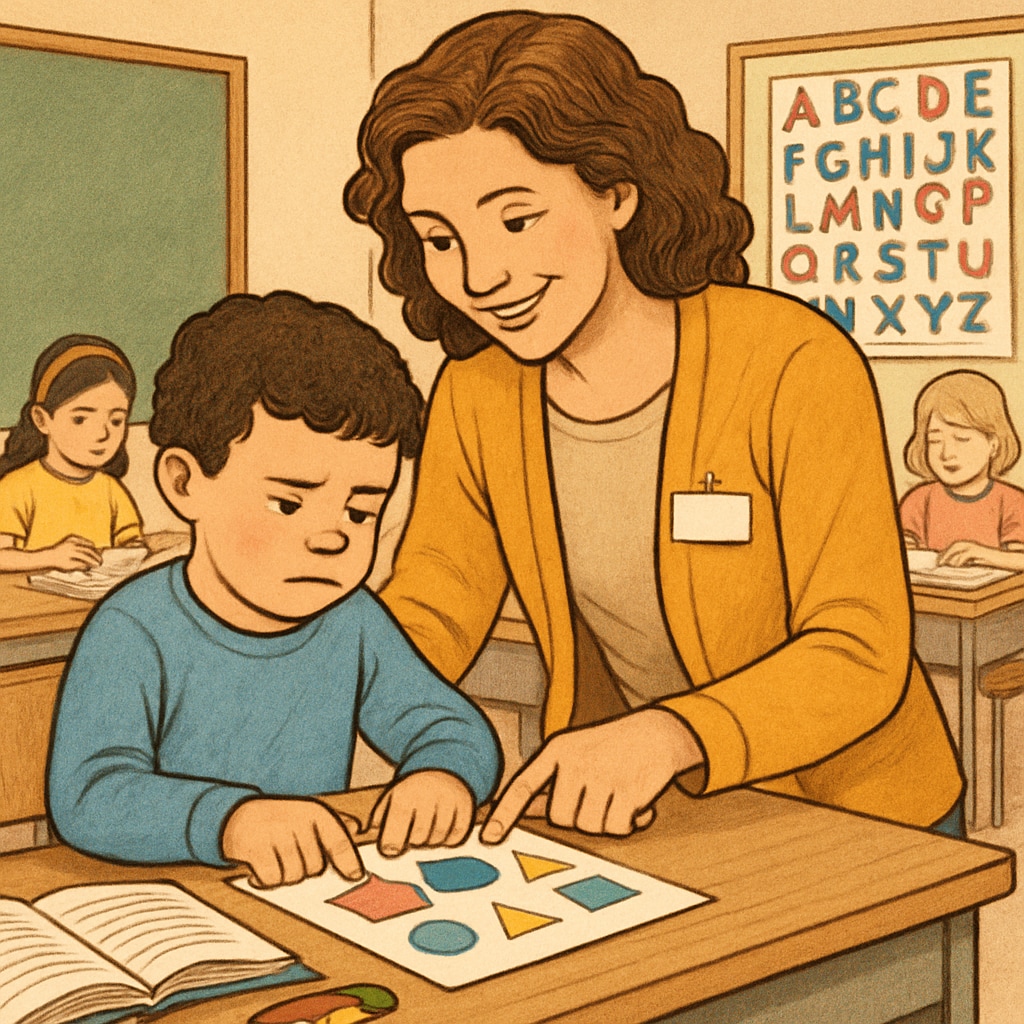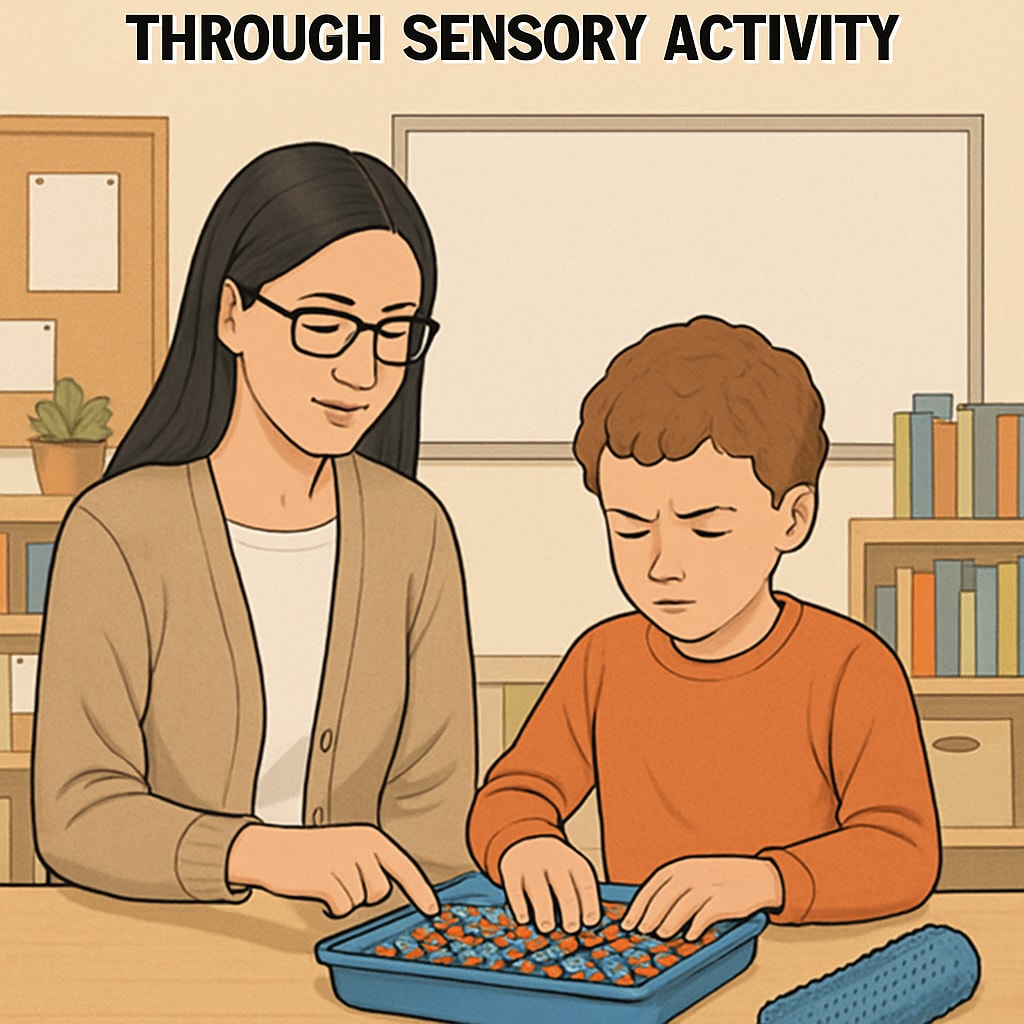Working in special education, particularly with children on the autism spectrum, can be a deeply rewarding but equally challenging career. For aspiring teaching assistants, understanding how to prepare both professionally and emotionally is crucial. This article explores the skills, mindset, and strategies that can help you succeed in this unique educational setting.
Understanding the Basics of Special Education and Autism
Special education involves tailored teaching methods designed to meet the needs of students with diverse learning challenges. Autism Spectrum Disorder (ASD) is a developmental condition that affects communication, behavior, and social interaction. Each child with autism is unique, requiring individualized approaches to learning and engagement.
Teaching assistants in special education play a vital role in supporting classroom teachers and students. Their responsibilities often include adapting materials, managing behavior, and fostering an inclusive environment. To succeed, it is essential to understand the characteristics of autism and how they manifest in children.
According to the Centers for Disease Control and Prevention (CDC), approximately 1 in 36 children in the United States is diagnosed with autism (CDC Autism Data). This highlights the growing need for well-trained professionals in special education.

Building the Skills for Success in Special Education
Preparing for a role in special education requires a combination of technical skills, emotional intelligence, and physical readiness. Below are some key areas to focus on:
- Communication Skills: Clear and patient communication is essential when working with children who may struggle with verbal or non-verbal expression.
- Behavior Management: Learn strategies for managing challenging behaviors, such as positive reinforcement and sensory regulation techniques.
- Adaptability: Be prepared to adjust lesson plans, teaching methods, and classroom setups to meet students’ diverse needs.
- Collaboration: Work closely with teachers, therapists, and families to create a cohesive support system for the child.
Additionally, teaching assistants must develop an understanding of Individualized Education Programs (IEPs), legal documents that outline the specific educational goals and accommodations for each child with special needs.
Navigating Emotional and Physical Preparedness
Working in special education can be emotionally demanding. It is important to cultivate resilience and self-care habits to maintain your well-being. For example, mindfulness practices and regular reflection can help you manage stress and maintain a positive outlook.
Physical readiness is also critical. Assisting children with autism may involve activities like helping them transition between tasks, engaging in physical play, or ensuring their safety during meltdowns. Staying physically active and maintaining good stamina will help you meet these demands.

Practical Tips for Aspiring Teaching Assistants
Here are some actionable tips for those preparing to work in special education:
- Get Hands-On Experience: Volunteer in special education programs or shadow experienced teaching assistants to gain practical insights.
- Pursue Relevant Training: Enroll in courses or certifications focused on autism awareness, behavior management, and inclusive teaching strategies.
- Understand Sensory Needs: Familiarize yourself with tools and techniques that help children regulate their sensory input, such as weighted blankets or fidget toys.
- Build Patience: Practice staying calm and composed in challenging situations, as this will help you respond effectively to a child’s needs.
Finally, remember that your role as a teaching assistant is not only to assist with academics but also to nurture a child’s confidence and social skills. Your efforts can make a profound difference in their lives.
Looking Ahead: A Rewarding Career in Special Education
A career in special education, especially when working with children on the autism spectrum, requires dedication, empathy, and continuous learning. By preparing thoroughly and maintaining a growth mindset, you can contribute to creating an inclusive and supportive educational environment for all students.
If you’re passionate about making a difference, consider exploring professional resources and organizations like the Autism Speaks foundation or local special education advocacy groups. These can provide additional support and guidance as you embark on your journey.
Readability guidance: Use short paragraphs, break information into lists where possible, and ensure a balance of professional terminology and accessible language.


